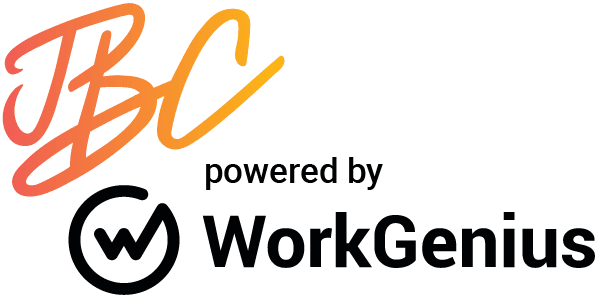
For college seniors, the month of May usually symbolizes liberation from the papers, reports, projects and deadlines that consume the life of a student. After graduation, college life will come to an end, and for many, the job search will begin (or continue for those who got an early start). Of all the life lessons one can learn as an undergrad, how to navigate the job market as an entry-level candidate isn’t usually one of them.
Now that higher education is checked off the list, many eager graduates enter the process of job searching with the expectation that results will be immediate. This includes reaching out to your network, completing internships, and crafting a stellar resume. Still, many will find it difficult to get accustomed to the full-time job that applying can become.
Getting your foot in the door will take time and a commitment to doing everything in your power to make your talents known. Go the extra mile and be confident that you’ve taken every action possible (without being a stalker) to land your dream job.
Read below for some helpful information and let us know how it goes!
Research. A little website stalking doesn’t hurt, but to get to the good stuff you’ve got to do some digging. Find out what the company has been up to recently and if they’re working on any new initiatives that you can mention during your interview. If you’re in the application stage, stand out by including this information in your cover letter to express your enthusiasm and sincere interest in the company.
Show Your Work. Don’t just send your resume in hopes that you will have a chance to show your portfolio or work examples if you land an interview. Attach or mail a few relevant samples for the hiring manager that will grab their attention and demonstrate your skills in more than just words.
Intern. If finding a full-time job isn’t happening, consider a paid internship. It may not be the ideal situation, but it will give you the experience (and paycheck) you need to continue along your career path. Also, now that you’re out of college, there is a greater chance that you may be asked to become a permanent employee.
Reach Out – Not by Email. It seems that e-mail has become the go-to form of communication for everything. Consider sending prospective employers a package in the mail for two reasons: (1) the fashion industry is extremely visual, and (2) everyone else is sending e-mails, so you have to put in the extra effort to stand out. Include your resume, a cover letter, some samples of your work and a call to action. Ask for some time to stop by to chat about current or future opportunities and include your availability.
Start Small. It’s easy to go for the well-known companies, but that’s what everyone else is doing. You’re one resume among dozens or hundreds who want to work for the same brands. There are plenty of startups and new designers/labels that are looking for eager candidates who are willing to help them grow their business. They will be more open to an entry level candidate and they have more time on their schedules to consider each application. Also, with less red tape to jump through, your resume will most likely land in the inbox of the designer or decision maker versus an HR department.
Build Relationships. Your network will grow with your career and it needs to be nurtured throughout your journey. Send your resume to anyone who you’ve met along the way and let them know you’re in the market for a new job and would appreciate any insight they can provide. Asking for anything more than their thoughts can make you look too needy so keep your requests to a minimum. Continue to check in periodically with these contacts and any new ones you make along the way to build and maintain a secure network.
And don’t forget, JBC is here to help in your job search at no cost to you!

